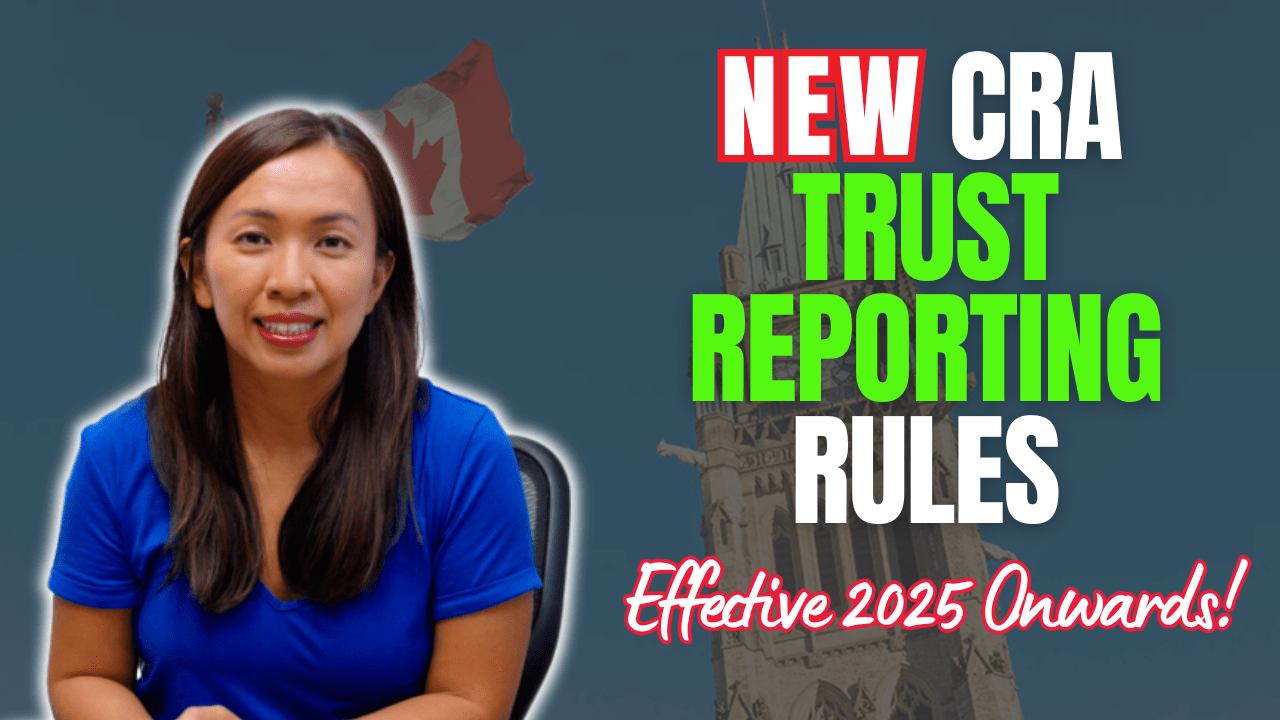Recently I saw a question on social media about borrowing money from your small business corporation to purchase your primary residence.
“I run a small business in my corporation and have accumulated a large amount of savings in the corporation. Can I take money out as an employee home purchase loan to purchase my primary residence?”
If you are a small business owner, many accountants often suggest you leave as much money in the corporation as possible to achieve maximum tax deferral.

After all, qualified small businesses in Ontario pay as little as 12.2% tax.
And highest personal marginal tax rate in Ontario is 53.5%.
When money is drawn out from your corporation via dividend or salary, you, as the shareholder or employee, would have to pay tax in your personal name. Depending on what you do and how much you report, you can pay as much as 53.5% tax on the money you take out.
Many business owners opt to leave as much money as possible in the corporation, keeping most money in their pocket paying 12.2% tax.
As a result, many small business owners have a lot of money saved up in the corporation.
When they decide to buy their primary residence, can they take this saving out from the corporation to fund the purchase?
Can you really use something called an employee home purchase loan to help you purchase your primary residence?
Do you have to repay the money back into your corporation?
Typically, when you borrow money from the corporation for no specific reasons, the amount of shareholder loan you have drawn out from the corporation would have to be reported as income on your personal tax return.
In other words, if you borrow from your corporation to purchase your primary residence, you have to report the amount you borrow as income on your personal tax. The highest marginal tax in Ontario is 53.5%. Yikes!
The good news is that there are some exceptions:
- If the corporation is operating a lending business, and bona fide arrangements have been made to repay the debt within a reasonable time, the loan would not be required to be included as income for the corporation.
- If the loan is repaid within one year after the corporation’s tax year-end and the repayment must not be part of a series of loan and repayments.
- If the loan is used to purchase a home that you live in, and you get the loan in the capacity of an employee.
- The loan is used to purchase a share from the corporation, and you get the loan in the capacity of an employee.
- The loan is used to purchase a car to be used for employment purpose, and you get the loan in the capacity of an employee.
If you are a shareholder of the corporation that owns over 10% shares of the company, you are considered as a “specified employee”.
If you are a specified employee, for you to qualify for the exception mentioned above (so you don’t have to be dinged on the 53.5% personal tax), you have to make sure you comply with the following:
- A bona fide agreement is signed between you and your corporation with terms of repayment and interest charged at a minimum of CRA’s prescribed rate (currently it is 1%)
- You’re receiving your loan as a result of your employment, not because of your shareholdings.
If you are the sole shareholder of your business and sole employee of your business, chances are, it would be difficult to prove to CRA that you are receiving the loan in the capacity of employee unless you can provide proof to CRA that other businesses are offering their arms’ length employee the same type of loan.
Understand your risk, speak with a professional accountant to structure it right.
Until next time, happy Canadian Real Estate Investing.
Cherry Chan, CPA, CA
Your Real Estate Accountant





